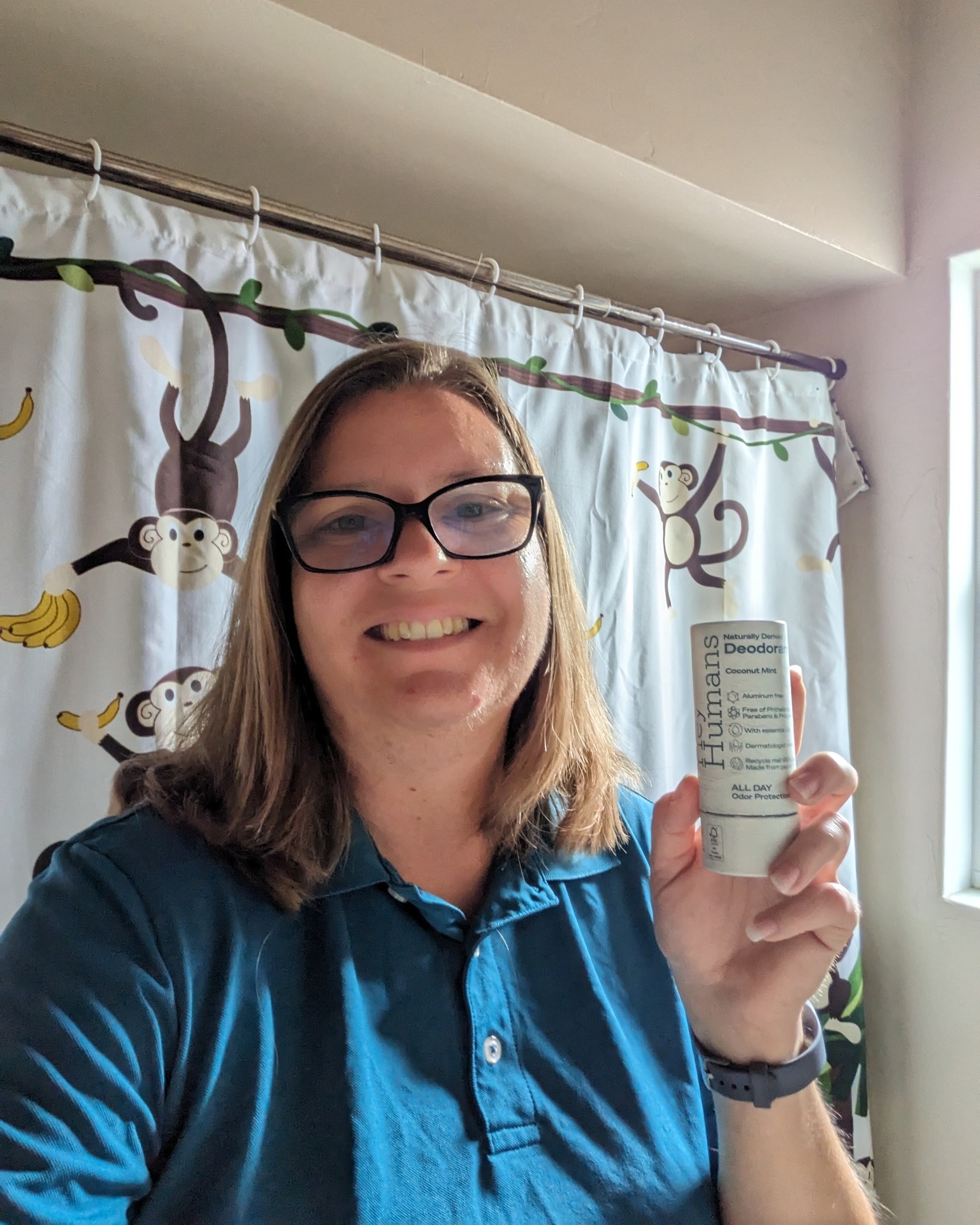Summary:
1. The Plastic Free Ecochallenge is a commendable initiative encouraging participants to refuse daily plastics.
2. One practical tip to reduce plastic waste is to use deodorant from a cardboard tube, which is just as convenient as traditional deodorants.
3. Plastic pollution continues to be a pressing environmental issue, impacting wildlife and ecosystems.
4. Zoos play a crucial role in education and conservation efforts, raising awareness about protecting nature and wildlife.
5. Nature has fascinating aspects and unique characteristics deserve our attention and protection.
We’re entering the final weekend of the Plastic Free Ecochallenge, a fantastic initiative that brings individuals together to refuse plastics daily. Throughout this challenge, participants have made small changes to reduce their plastic waste and shared various tips and tricks. Today, we’ll delve into a practical tip shared by Education Specialist Kristin – using deodorant from a cardboard tube. Let’s explore this tip and take a closer look at plastic pollution, the role of zoos in conservation efforts, and the fascinating aspects of nature and wildlife.
Plastic pollution is a pressing environmental issue that has far-reaching consequences. Plastics are a major threat to wildlife, especially marine animals. According to the Ocean Conservancy, more than 8 million metric tons of plastic end up in the ocean yearly, endangering marine life and causing immense damage to marine ecosystems. This overwhelming amount of plastic waste harms animals directly through ingestion and entanglement and affects their habitats and food sources.
By participating in the Plastic Free Ecochallenge, individuals are taking a step towards minimizing their environmental impact. Kristin’s tip of using deodorant from a cardboard tube is a simple yet effective way to reduce plastic waste. Traditional deodorant sticks usually come in plastic packaging, which adds to the global plastic problem. However, deodorants in cardboard tubes are just as convenient and provide an eco-friendly alternative. By making this small switch, participants can contribute to reducing plastic waste while maintaining their daily hygiene routines.
While individual efforts like the Plastic Free Ecochallenge are crucial, the plastic pollution problem requires collective action on a global scale. Governments and businesses should also prioritize sustainable solutions and implement policies that reduce plastic production and encourage recycling. Reducing plastic consumption and promoting alternatives can make a significant difference in tackling this environmental crisis.
Apart from plastic pollution, other environmental challenges affect both wildlife and ecosystems. This brings us to the important role that zoos play in conservation efforts. Zoos are not just places of entertainment but also serve as centers for education and wildlife preservation. These institutions are crucial in raising awareness about protecting nature and wildlife.
Zoos provide a safe and controlled environment where visitors can learn about various animals and their natural habitats. This firsthand experience encourages empathy and fosters a sense of responsibility toward wildlife conservation. By showcasing endangered species, zoos promote the significance of biodiversity and the need to protect fragile ecosystems.
Moreover, many zoos engage in captive breeding programs to help preserve endangered species. These programs aim to increase the population of threatened animals and eventually reintroduce them to their natural habitats. Through research and conservation efforts, zoos contribute to scientifically understanding various species and their unique characteristics, enabling more effective conservation strategies.
As we reflect on the importance of nature and wildlife, it’s worth exploring the fascinating aspects that make them so captivating. Take, for example, the incredible adaptations of animals to their environments. From the camouflage abilities of chameleons to the incredible migratory journeys of birds, nature never ceases to amaze us with its diversity and resilience.
Did you know that the blue whale is the largest animal ever? These magnificent creatures can reach over 90 feet and weigh up to 200 tons! These marine giants’ sheer size and power are awe-inspiring and remind us of the wonders in our natural world.
In addition to size, nature also presents us with many colors and patterns. The vibrant hues of tropical fish and the intricate markings of big cats exemplify the incredible diversity in the animal kingdom. These visual displays serve various purposes, from attracting mates to warning predators or blending into the environment for protection.
Nature also exhibits fascinating behaviors that showcase the intelligence and complexity of different species. The cooperative hunting strategies of wolves, the intricate social structures of elephants, and the incredible navigation skills of migratory birds are just a few examples of the wonders that can be observed in the natural world.
We can develop a deeper connection with nature and wildlife by appreciating and understanding these unique characteristics. This connection, in turn, inspires us to protect and conserve these precious resources for future generations to enjoy.
In conclusion, near the end of the Plastic Free Ecochallenge, we’re reminded of the importance of reducing plastic waste and its harmful environmental impact. The small switch to deodorant from a cardboard tube is a practical way to contribute towards this goal. However, plastic pollution is just one of our many environmental challenges. Zoos are crucial in raising awareness and implementing conservation efforts, highlighting the need to protect nature and wildlife. Finally, the fascinating aspects of nature – from the incredible adaptations and vibrant colors to the complex behaviors of different species – remind us of the irreplaceable beauty and diversity we can experience. Let’s continue to take steps towards a more sustainable future and appreciate and protect the wonders of the natural world.
*****
Source Description
We’re entering the final weekend of the Plastic Free Ecochallenge, where participants choose to refuse plastics in their daily lives. Try out this tip:
“I reduce my plastic waste by using deodorant from a cardboard tube. They can often be found in stores and are just as convenient as traditional deodorants!”
– Education Specialist Kristin

